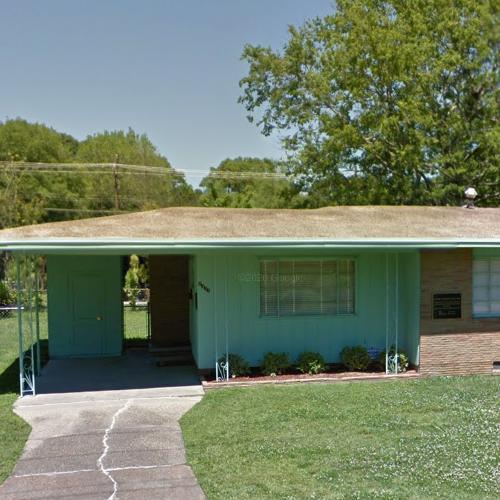If there’s one thing we know, it’s that we’re living in unprecedented times. But as big and life changing as things feel these days, we can look back through history and see that a few people can change history, and that living one’s best life is the most important thing they can do to change the world.
Massacre at Tienanmen Square
Months of student-led protests in Beijing resulted in a military crackdown and the deaths of hundreds or thousands of protesters and bystanders. Protesters were demonstrating in favor of increased transparency, democracy, and freedom of speech. After weeks of growing frustration, the government called in more than 300,000 soldiers to counter the protests on June 4, 1989.
Soldiers used force in several instances, including driving a tank into a group of protesters, firing on unarmed students and other acts of violence. The next day, a lone protester stood in Tienanmen Square, blocking a line of tanks, and becoming the face of the protest.
Robert F. Kennedy is Assassinated
Just a few years after the assassination of his brother, President John F. Kenned, Robert F. Kennedy was running for the Democratic nomination for president. He held an election night celebration at the Ambassador Hotel in Los Angeles, California on June 5, 1968.
After the event, he and his security team were leaving the hotel through the kitchen when he was shot by Sirhan Sirhan. He died the next day. His assassination was one of many in the decade, contributing to the tumultuous and chaotic feeling of the 1960s politically and socially as people fought for change and looked for stability at the same time.
Medgar Evers is Murdered in Mississippi
Medgar Evars was an African American civil rights activist in Mississippi. He worked for integrated education and for the NAACP. He was a target of white supremacists and anti-integration advocates. Threats were so serious that even his children were trained in how to respond to an attack.
On June 12, 1963, he was shot in his driveway. He died later that evening after achieving the dubious groundbreaking distinction of being the first African American admitted to an all-white hospital in Mississippi. He was buried on June 19 in Arlington Cemetery. His assassin was originally acquitted, but convicted in 1994.
Watergate Hotel Break-in
In the nighttime hours of June 17, 1972, five men were arrested inside the Democratic National Committee headquarters in the Watergate Office Building in Washington, D.C. They were hired by people tied to the Nixon reelection campaign, and as the investigation went on, it was clear that President Nixon himself was deeply involved in illegal activities intended to help him win reelection.
The arrests led to a years-long investigation and the resignation of President Nixon to avoid impeachment and removal by the House of Representatives and Senate.
Napoleon is Defeated at Waterloo
Napoleon Bonaparte rose to prominence and eventual power after the mess of the French Revolution. Being Emperor of France wasn’t enough, and Napoleon spent a decade invading other European countries and acquiring more territory. He was pushed from power in 1814, but came back in 1815.
The major powers of Europe formed a coalition to defeat Napoleon, and on June 18, 1815, armies from England, Prussia, and other countries met Napoleon’s army and defeated them just outside the Belgian town of Waterloo. Napoleon abdicated days later, this time for good. Europe formed new alliances that maintained peace for decades and laid the groundwork for the alliances that would lead to World War I.
Berlin Airlift Begins
After World War II, control over Germany was divided among the victors: United States, Great Britain, France, and the USSR. The capitol Berlin was also divided. Because Berlin was deep inside the Soviet zone, it was difficult to keep the western side supplied.
In 1948, the USSR cut off all roads and train supply routes in an effort to gain total control over the city. Starting on June 26, 1948, the three allied countries airlifted in food and supplies to keep the city supplied. After more than a year, 2.3 million tons of supplies, and airplanes landing nearly every 30 seconds, the Soviets backed down and opened up the traditional supply routes.
The Berlin Airlift was the first of many tense conflicts between the USSR and the west during the Cold War.
Assassination of Franz Ferdinand
While all political assassinations are intended to cause chaos, likely no single assassination has had a greater impact on the world than the assassination of Franz Ferdinand, the presumptive heir to the throne of Austria-Hungary. He was killed on June 28, 1914, while traveling in a motorcade in Sarajevo by a young revolutionary. His death, and that of his wife Sophie, had global importance because they set of a chain of events that caused World War I, and the deaths of more than 40 million soldiers and civilians worldwide.
These are just a few of so many important events in Junes past, and knowing people have experienced so many crazy, life-changing, and amazing moments, and the world keeps on going can give us confidence that we can survive and thrive during these trying times.






